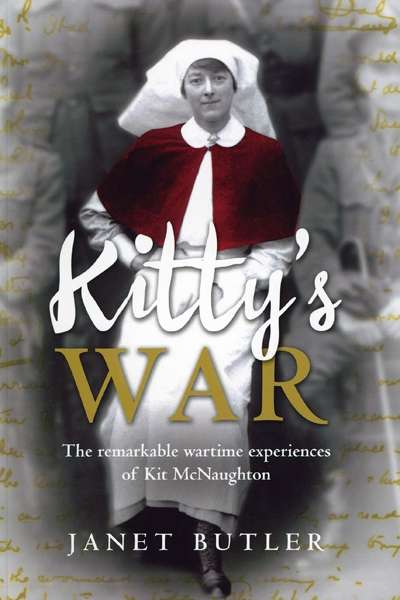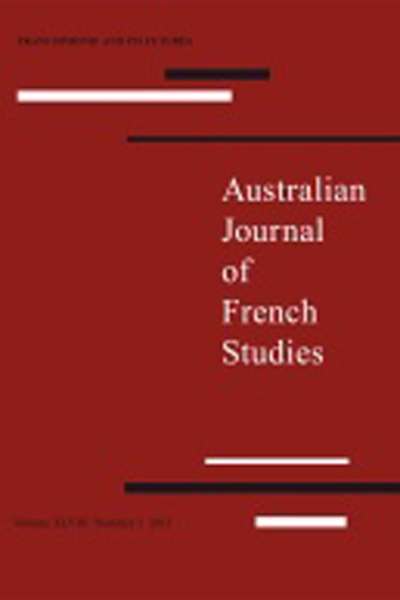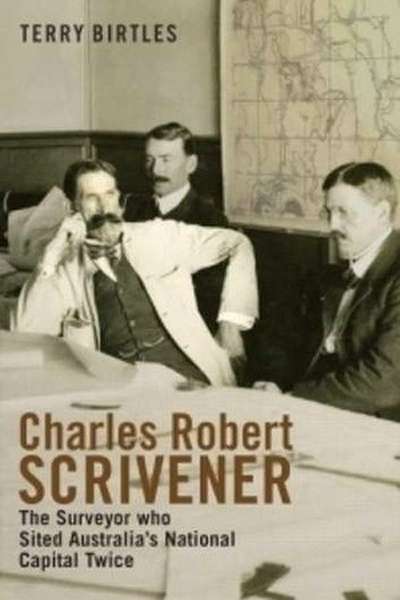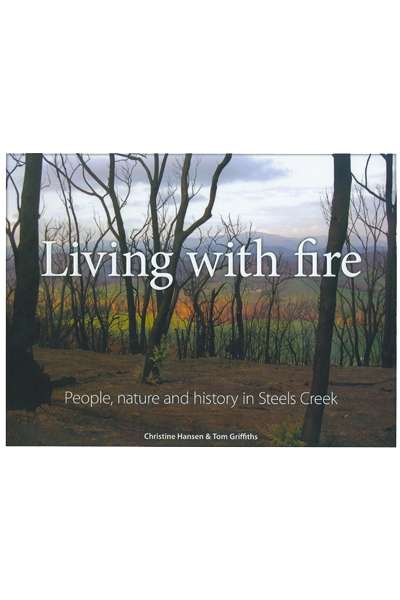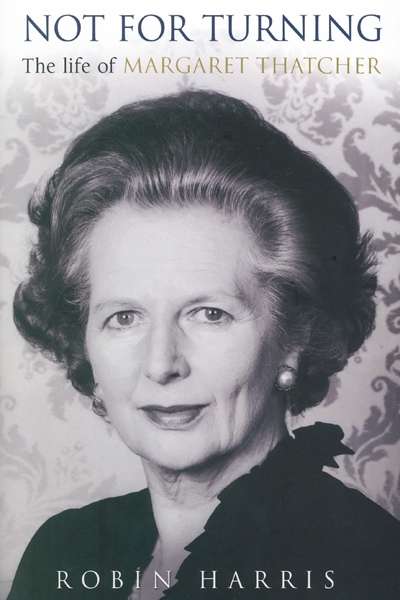Non Fiction
In A Heartbreaking Work of Staggering Genius (2000), novelist Dave Eggers recounts the horror of losing both his parents within one year, leaving him and his sister as sole carers of their young brother. Eggers recalls the intense pain of being orphaned at the age of twenty-one, but also the frustration and acute resentment at having to grow up too fast.
... (read more)Kitty's War: The Remarkable Wartime Experiences of Kit McNaughton by Janet Butler
Janet Butler sets up the story of Australian World War I army nurse Catherine (Kit) McNaughton with a strong and vivid opening chapter. At a hospital base in the north of France, Kit sits in her freezing hut scribbling in her diary, her mind far away with her audience back home. She is about to go on duty. A short time later when she lifts the canvas flap of the hospital tent, she enters another world. It is an understated but startling transition.
... (read more)Australian Journal of French Studies: Vol. L, No. 1 edited by Brian Nelson
This number of the Australian Journal of French Studies has been superbly guest-edited by Sydney University’s Margaret Sankey, a world authority on French voyages of discovery in the southern hemisphere. In addition to her own work, there are contributions by several French and New Zealand colleagues.
...One of the literary legacies of the financial crisis is a type of travel writing focused on the local social, economic, and environmental effects of unfettered global capitalism. There are two types of such books. Michael Lewis is perhaps the best known and most widely read author of the first kind, in which the reporter becomes a kind of tour guide to the financial freak show. In Boomerang (2011), Lewis shows how greed overwhelmed both the lenders and the borrowers of cheap money in places like Iceland, Ireland, and the United States. Reading him is like watching the circus through binoculars. The spectacle is both vividly close and comfortably distant; we enjoy the show but feel no direct involvement in the unfolding action.
... (read more)Dancing with Empty Pockets: Australia's Bohemians since 1860 by Tony Moore
Tony Moore’s engaging account of Australian bohemians begins with Marcus Clarke and takes us through to Julian Assange. Along the way we encounter Australian bohemia in its diverse expressions, from the art of the Heidelberg School, writing of the Bulletin, high jinks of 1920s Sydney bohemia to the Sydney Push, Melbourne Drift, 1960s counterculture (in both its local and London expatriate manifestations), cultured larrikins of 1970s ‘new nationalism’, punk, post-punk, and much else. Here is the historian as impresario, assembling an extraordinary cast across 150 years of Australian cultural history. To bring them all together without producing an inedible stew is a major achievement in itself.
... (read more)Charles Robert Scrivener: The Surveyor who Sited Australia's National Capital Twice by Terry Birtles
In the 1890s the six Australian colonies were preoccupied not only with getting a fair deal over tariffs and customs – and maintaining the purity of the Anglo-Saxon race – but also with the location of the national capital. Denizens of Melbourne and Sydney felt that it should be one of them. The compromise was a capital in New South Wales, closer to Sydney than Melbourne, but with Melbourne as the seat of federal government until it was constructed.
... (read more)Living with Fire: People, nature and history in Steels Creek by Christine Hansen and Tom Griffiths
Fire, more than any other thing, challenges the divide between the cultural and the natural, between being human and the non-human world. We make a pact, if not with a devil, at least with terrible danger when we use fire; and it is a pact, despite how it might seem in our urban modernity, over which we have no choice. We need fire. It doesn’t need us. If it truly had character, as it so often seems to, it would be indifferent, callous, cruel. And it is this that cooks our food and warms our toes.
... (read more)Not for Turning by Robin Harris & Margaret Thatcher by Charles Moore
Our media treat leaders as personifying everything that matters, yet social scientists disdain leadership. Most of what we know about leaders comes from biographies. And biography, dominated by those wishing either to demonise, or to celebrate, their subject, is a craft monopolised by insiders, acolytes, and journalists. Regarding Margaret Thatcher, academics have discussed her premiership (1979–1990) in terms of economic change, social history, value transitions, and party decline. They display a disabling ambivalence over whether she was an agent or a manifestation of tectonic shifts. In parallel, there have been multiple biographies, the first published before she was defenestrated by her own party. A great deal, then, has already been written.
... (read more)Tarantula's Web: John Hayward, T.S. Eliot and their Circle by John Smart
Private Eye said of Stephen Spender that he wasn’t so much famous as that he knew a lot of famous people. They might have said the same of John Hayward. His editorial and scholarly work notwithstanding, it’s doubtful that a biography of him would have been written had it not been for his close friendship with the premier poet of the twentieth century, T.S. Eliot.
... (read more)Even the most seasoned political observers would have been surprised at the Palmer United Party’s triumph at the federal election, which saw it claim three seats in the Senate. Was it a stroke of luck or the work of a remarkable political strategist? In any case, the political fate of the PUP’s founder remains undecided ...
... (read more)

